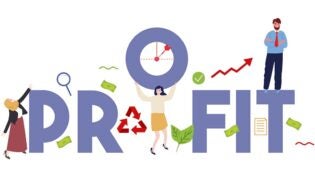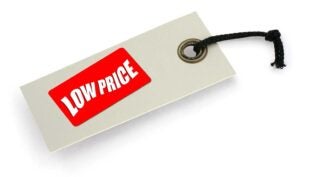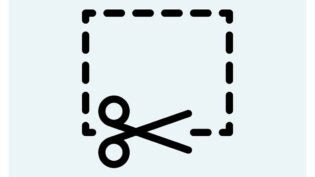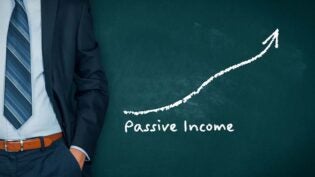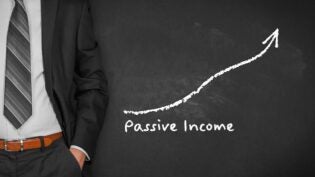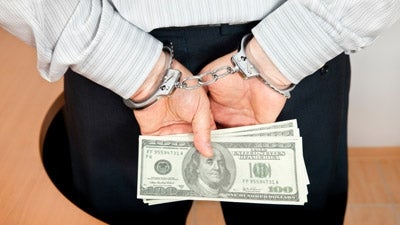
I often rail against reward programs. Panera Bread’s program highlights one of the problems I have with rewards programs. Yes, I have a Panera card. I’m not above taking discounts offered even though I don’t advocate discounting to my clients.
In the earlier post I stated that customers’ need/desire for offerings don’t increase just because they’re receiving a reward. What does that mean for sellers? They’re giving discounts to customers who would have bought anyway—at full price. Unfortunately this reality doesn’t hit home until the reward program is already in place.
What I’ve noticed recently with the Panera program is that the rewards offered aren’t what I typically purchase. Based on the rewards offered, Panera is encouraging me to try new things or to visit at times I don’t normally visit. That’s not a reward, that’s a marketing strategy.
While I don’t have a problem with marketing strategies that encourage buyers to try new things or to return more frequently, I resent a “reward” program that tries to accomplish the same goal. Maybe I’m too stringent in my definition of reward, but to me it’s something that has value to the recipient. When that “reward” places the welfare of the presenter over the recipient it loses the right to be called a reward.
The question is, “How do you offset the revenue losses your reward program created while maintaining credibility with your customers?” Keep your marketing efforts and reward programs separate. It’s all right to announce new offerings, encourage customers to visit at times they typically don’t, to explore alternative uses of your offerings in your marketing materials in any media you choose—just not in the rewards program.
Converting a reward program to a marketing program is a violation of your customers’ trust. Losing their trust is one of the quickest ways to drive your customers to your competitors. If you’ve fallen victim to the temptation of reward programs, don’t compound the problem by converting it to a marketing program.
This article was originally published by Retail Customer Experience
Published: February 10, 2014
3471 Views
3471 Views






